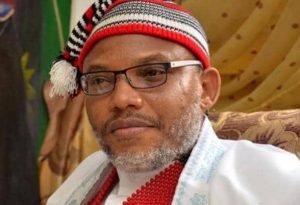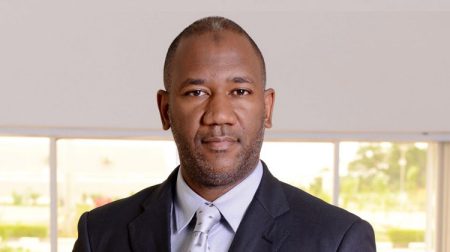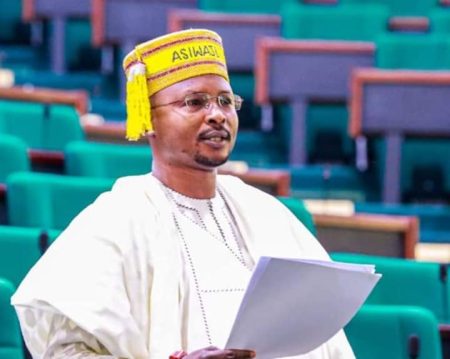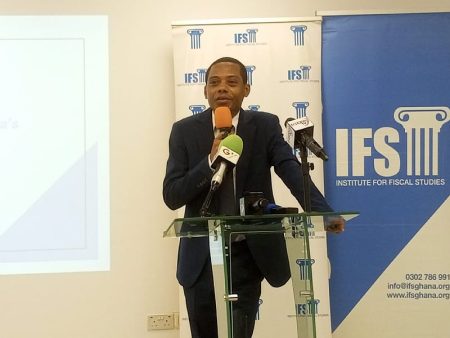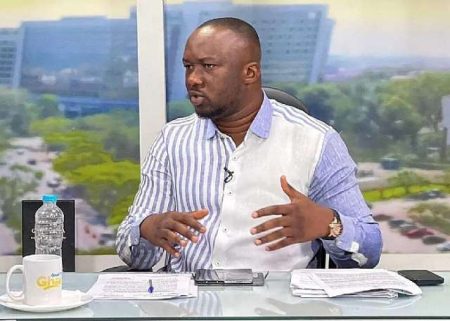The mid-year budget review presented by Finance Minister Dr. Cassiel Ato Forson has sparked controversy and accusations of regional bias, particularly concerning the allocation of infrastructure projects under the government’s “Big Push Programme.” Dr. Mohammed Amin Adam, MP for Karaga and former Finance Minister, vehemently criticized the initial exclusion of the Northern Region from the list of 45 road projects earmarked for development. He expressed profound disappointment, highlighting the region’s significant electoral support for the ruling National Democratic Congress (NDC) and arguing that this omission represented a betrayal of the trust placed in the government by the people of the North. Dr. Amin’s condemnation underscored a perceived pattern of neglect towards the region’s developmental needs, despite its consistent political backing.
The government’s response to the criticism, which involved the subsequent addition of two road projects in the Northern Region through a supplementary budget, further fueled the controversy. Dr. Amin dismissed these additions as inconsequential, characterizing them as a hasty attempt to appease the region rather than a genuine commitment to addressing its infrastructure deficit. He argued that the Tamale Ring Road project, one of the two additions, was insufficient to meet the region’s extensive infrastructural requirements. The perception of a last-minute inclusion reinforced the notion that the government had initially disregarded the Northern Region’s needs, only to react defensively when confronted with public criticism. This reactive approach, rather than a proactive and planned development strategy, fueled skepticism about the government’s commitment to equitable regional development.
The Minority Caucus in Parliament echoed Dr. Amin’s concerns, broadening the scope of critique to include the oversight of other major regions like Greater Accra and Ashanti in the initial project list. This wider perspective suggested a systemic issue in the allocation process, raising questions about the criteria used to select the initial 45 projects. The omission of these populous and economically significant regions further amplified the perception of an unbalanced and potentially politically motivated allocation strategy. The Minority’s demand for transparency in the selection process highlighted the need for a clear and justifiable framework to ensure equitable distribution of development projects across all regions.
The controversy surrounding the “Big Push Programme” brought the overall infrastructure allocation of GH¢13.8 billion under intense scrutiny. The Minority’s call for a re-evaluation of the allocation formula underscored the need for a more equitable distribution of resources. This demand reflected a broader concern about ensuring balanced development across all regions, preventing the concentration of resources in specific areas while neglecting others. The debate highlighted the importance of infrastructure development as a crucial driver of economic growth and regional equity, emphasizing the need for a transparent and accountable allocation process to build public trust and ensure that all regions benefit from national development initiatives.
The controversy underscores the complex relationship between political support, resource allocation, and regional development. The Northern Region’s significant contribution to the NDC’s electoral success juxtaposed with its initial exclusion from the “Big Push Programme” raises questions about the government’s priorities and its responsiveness to the needs of its constituents. The subsequent addition of two projects following criticism appears as a reactive measure rather than a well-considered development strategy, further fueling perceptions of political maneuvering and a lack of genuine commitment to the region’s progress.
The incident highlights the importance of a transparent and equitable framework for resource allocation in national development planning. Such a framework should prioritize objective criteria based on regional needs, development potential, and socio-economic indicators, rather than political considerations. A clearly defined and publicly accessible allocation process would not only ensure fairness but also foster trust between the government and the citizenry. This transparency is crucial for promoting regional equity, fostering sustainable development, and preventing the perception or reality of political favoritism in the distribution of national resources. The controversy surrounding the “Big Push Programme” serves as a valuable lesson in the importance of transparent and equitable governance for fostering national unity and achieving balanced regional development.


